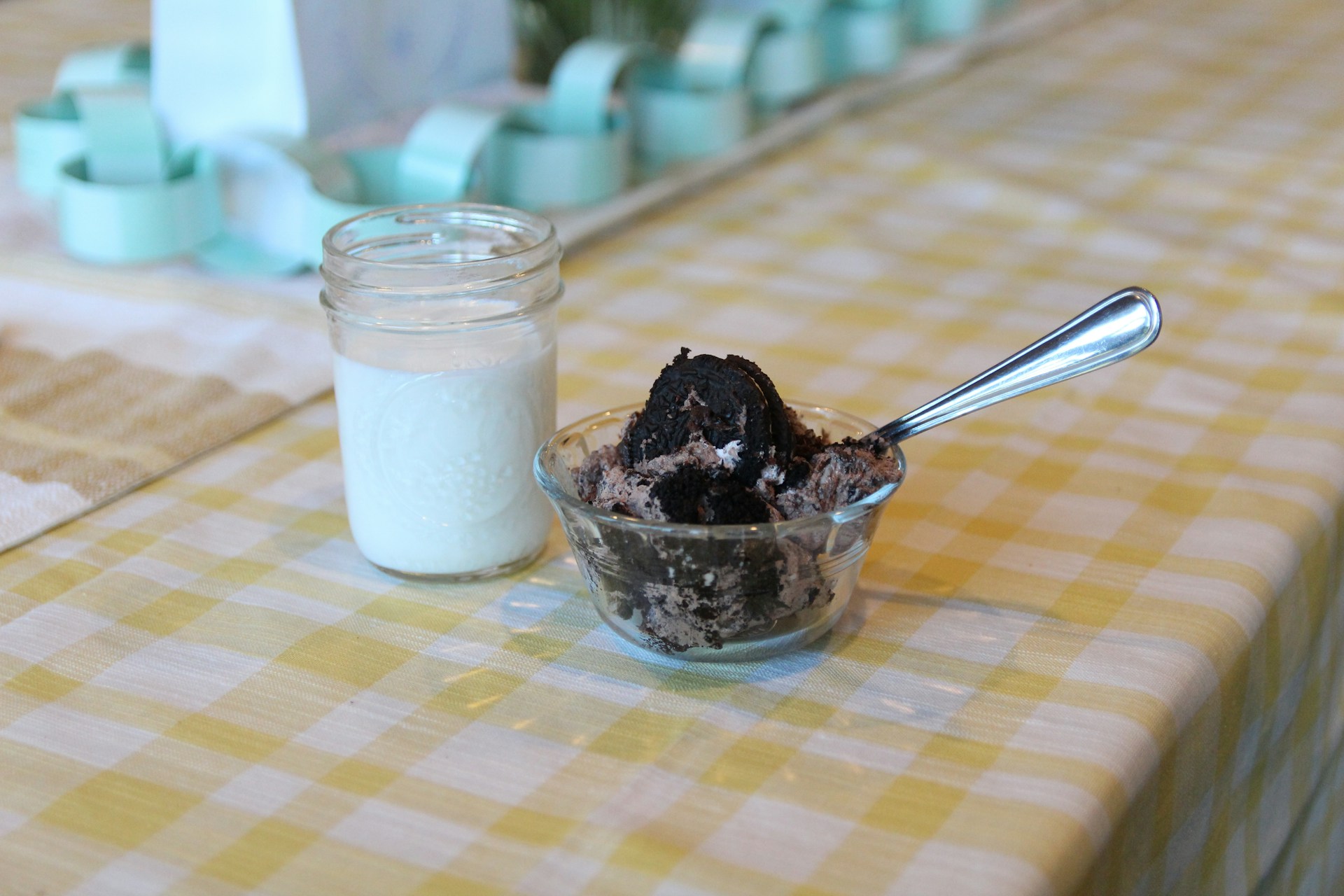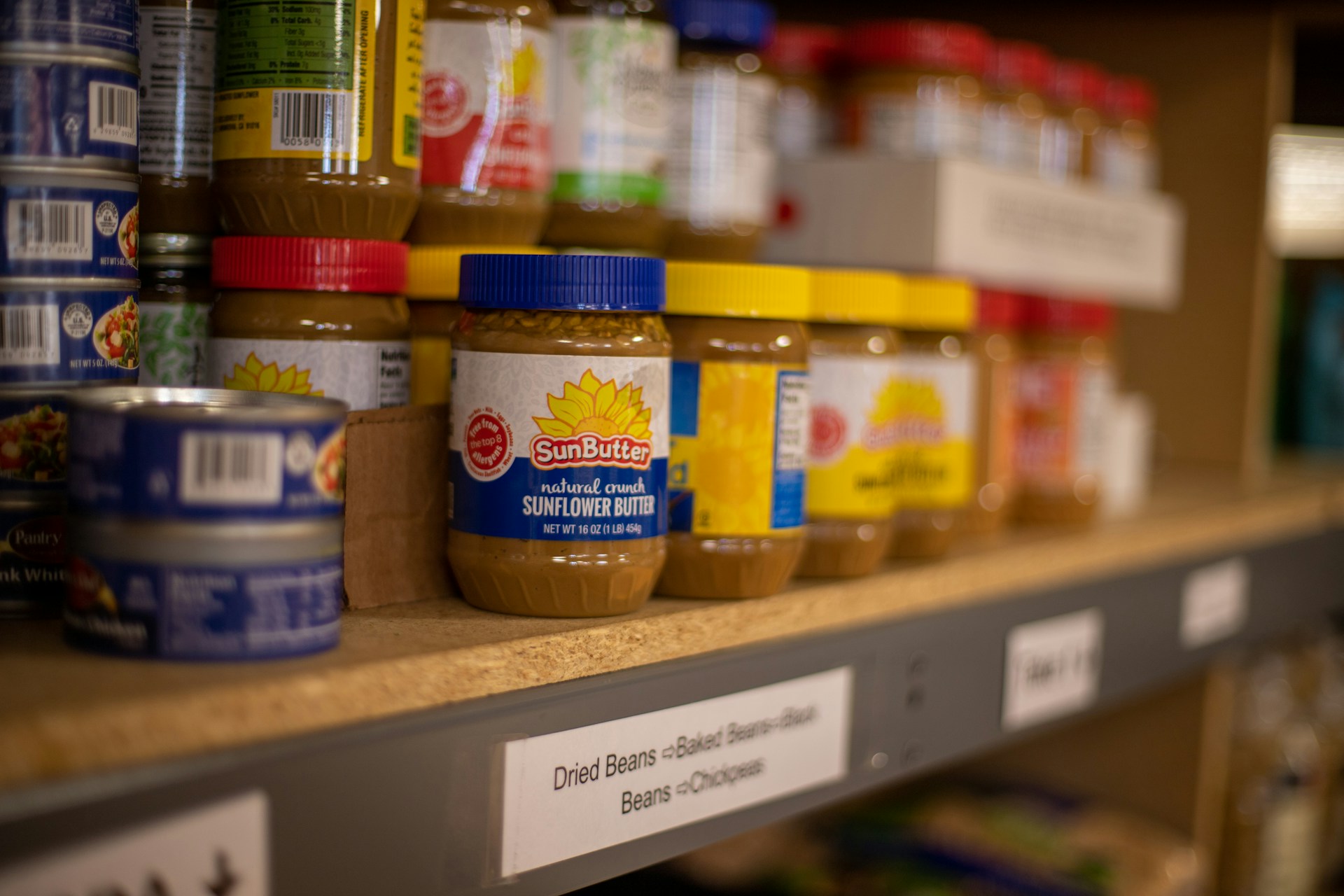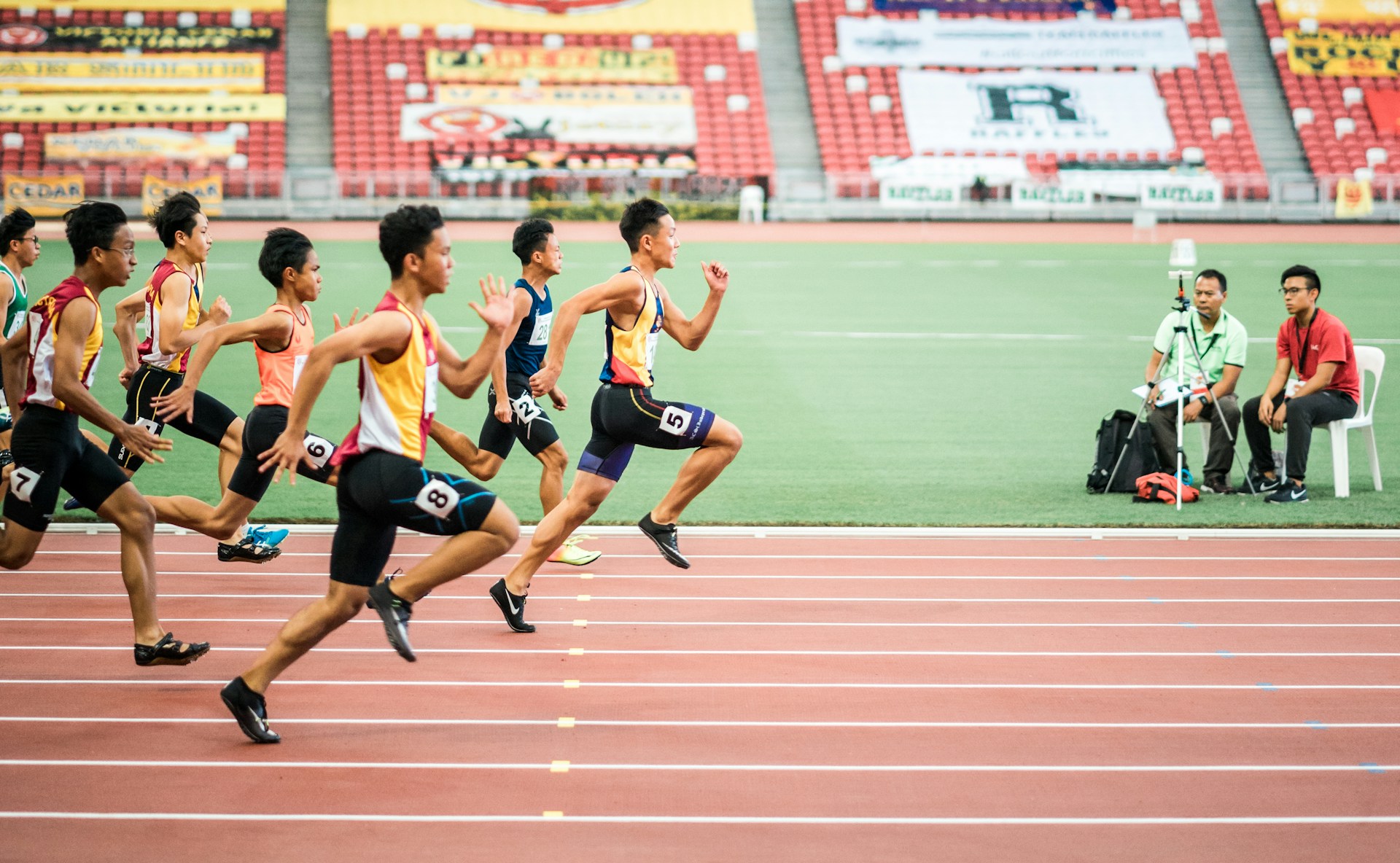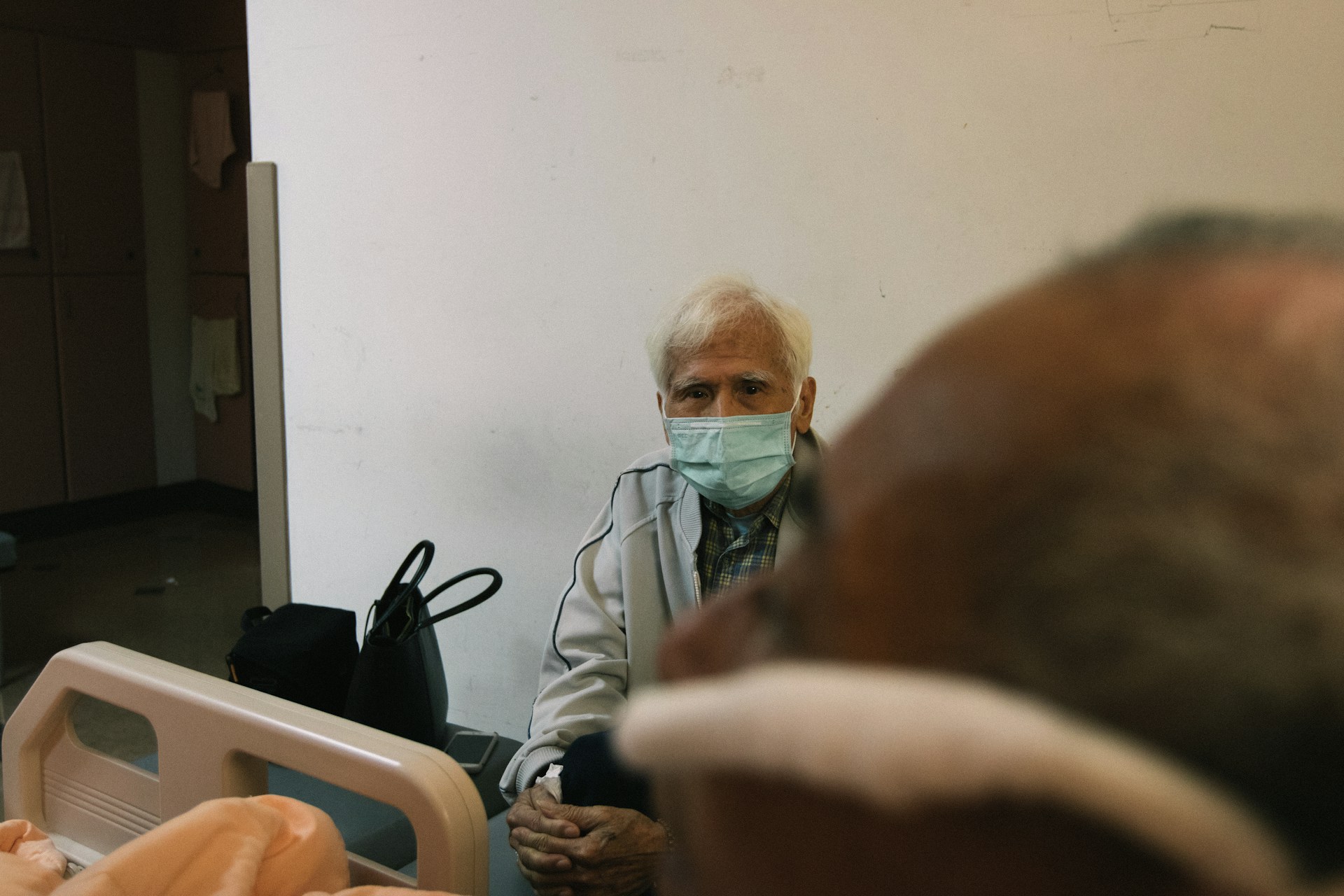Nutritional Knowledge in Improving Immunity through Healthy Eating Habits during the Covid-19 Pandemic
Pengetahuan Terkait Gizi dalam Upaya Meningkatkan Imunitas melalui Kebiasaan Makan selama Pandemi Covid-19

Downloads
Background: The spread of COVID-19 in Indonesia has caused many deaths. One of the ways to deal with COVID-19 is to increase immunity. Youth is the majority population group in the world, meaning many can potentially be exposed to the coronavirus. Youth, including students, tend to be easily exposed to the coronavirus because they have bad eating habits (lack of protein, vitamin C, and vitamin A intake). Bad eating habits can occur due to a lack of knowledge related to nutrition, especially those related to efforts to increase immunity.
Objectives: To determine the relationship between nutrition-related knowledge to increase body immunity with eating food sources of protein, vitamin A, and vitamin C during the covid-19 pandemic in Airlangga University students.
Methods: Descriptive quantitative method used a cross-sectional research design with a sample of Airlangga University students. The data was obtained using an online survey using the accidental sampling method. Furthermore, the researcher distributed online questionnaires in the form of google forms with the help of media such as pamphlets through social media. Then the data were analyzed using the Chi-square test.
Results: Most of the respondents were students of the Faculty of Public Health, female, 21 years old, and living with their nuclear family at home during the Covid-19 pandemic, have good knowledge of nutrition to increase immunity (75%), except for factors which can reduce immunity. There is a significant positive relationship between knowledge and eating habits.
Conclusions: There was a significant relationship between knowledge related to nutrition to increase immunity during the covid-19 pandemic through eating food sources of protein, vitamin A, and vitamin C.
Morawska, L., & Cao, J. Airborne Transmission of SARS-CoV-2: The World Should Face the Reality. Environment International Journal 13, (2020).
Republic of Indonesia Ministry of Health. Regulation of the Minister of Health No. 41 of 2014 concerning Guidelines for Balanced Nutrition. Jakarta: RI Ministry of Health. (2014).
Headey D, Ruel M. The COVID-19 Nutrition Crisis: What to Expect and How to Protect. IFPRI : International Food Policy Research Institute 2, (2020).
Yaqinuddin A, Kashir J. Innate Immunity in COVID-19 Patients Mediated by NKG2A Receptors, and Potential Treatment using Monalizumab, Cholroquine, and Antiviral Agents. Med Hypotheses 22, (2020).
Budget. Environmental Factors and Individual Factors Relationship with Food Consumption in Dormitory Students at the University of Indonesia Depok in 2012. Thesis. University of Indonesia. (2012).
Adriani, M. and Wirjatmadi, B. Introduction to Community Nutrition. 1st ed. Jakarta: Kencana Prenada Group. (2012).
Rifqi MA, Rachmah Q., Arimbi AN, Dian, R., Haryana, NR, Nastiti, AN, Setyaningtyas, SW, Atmaka, DR, & Agustin, AM Nutrition and Immunity during the Covid-19 Pandemic. Surabaya: Airlangga University Booklet. (2020).
Ferdouz MZ, Islam MS, Sikder MT, Mosaddek ASM, Zegarra-Valdivia JA, Gozal D., 2020. Knowledge, Attitude, and Practice Regarding the COVID-19 Outbreak in Bangladesh: an Online Based Cross-Sectional Study. PLoS One 3, (2020). doi:10.1371/journal.pone.0239254.
Notoatmojo. Health Research Methods. Jakarta: Rineka Cipta. (2012).
Endraswara, S. Philosophy of Science: Concept, History, and Development of the Scientific Method. Yogyakarta: Center of Academic Publishing Service (CAPS). (2012).
Sediaoetama. Nutrition Science for Students and Professionals in Indonesia. Jakarta: Dian Rakyat. (2000).
Maulana L, Sirajuddin S, Najamuddin U. Description of Knowledge, Attitudes and Actions on the Nutritional Status of INPR Elementary School Students. Unhas Journal 6, (2012).
Syam, FM, Lubis, Z. and Siregar, MA Description of Intake of Nutrients, Nutritional Status, and Work Productivity in Bagerpang Estate Palm Oil Mill Workers PT. pp. Lonsum. Journal of Nutrition, Reproductive Health, and Epidemiology 2, (2013).
Hezima A, Aljafari A, Aljafari A, Mohammad A, Adel I., 2020. Knowledge, Attitudes, and Practices of Sudanese Residents towards Covid-19. East Mediterranean Heal J 26, (2020).
Geldsetzer, P. Use of Rapid Online Surveys to Assess People's Perceptions during Infectious Disease Outbreaks: A Cross-sectional Survey on COVID-19. J Med Internet Res 22, (2020).
Zhang L and Liu Y. Potential Interventions for Novel Coronavirus in China: A Systematic Review. J Med Virol 92, (2020).
Barasi, Mary E. At A Glance: The Science of Nutrition. Jakarta: Erlangga. (2011).
Copyright (c) 2023 Amerta Nutrition

This work is licensed under a Creative Commons Attribution-ShareAlike 4.0 International License.
AMERTA NUTR by Unair is licensed under a Creative Commons Attribution-ShareAlike 4.0 International License.
1. The journal allows the author to hold the copyright of the article without restrictions.
2. The journal allows the author(s) to retain publishing rights without restrictions
3. The legal formal aspect of journal publication accessibility refers to Creative Commons Attribution Share-Alike (CC BY-SA).
4. The Creative Commons Attribution Share-Alike (CC BY-SA) license allows re-distribution and re-use of a licensed work on the conditions that the creator is appropriately credited and that any derivative work is made available under "the same, similar or a compatible license”. Other than the conditions mentioned above, the editorial board is not responsible for copyright violation.












































